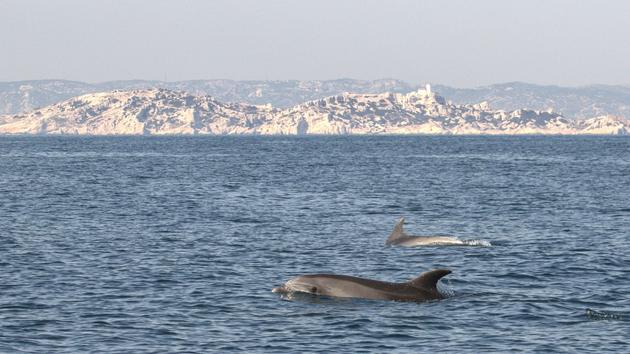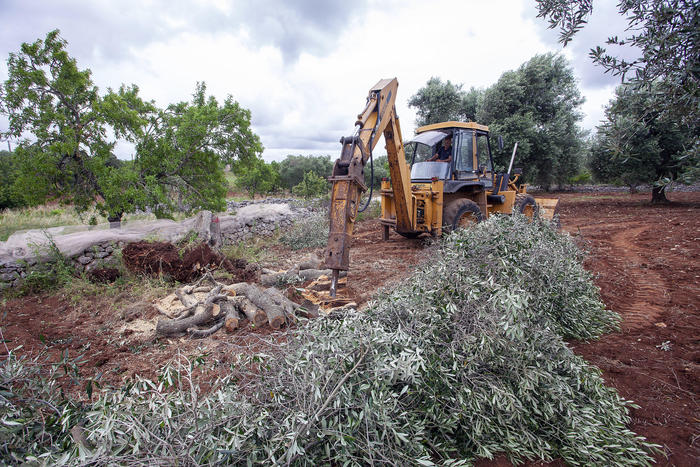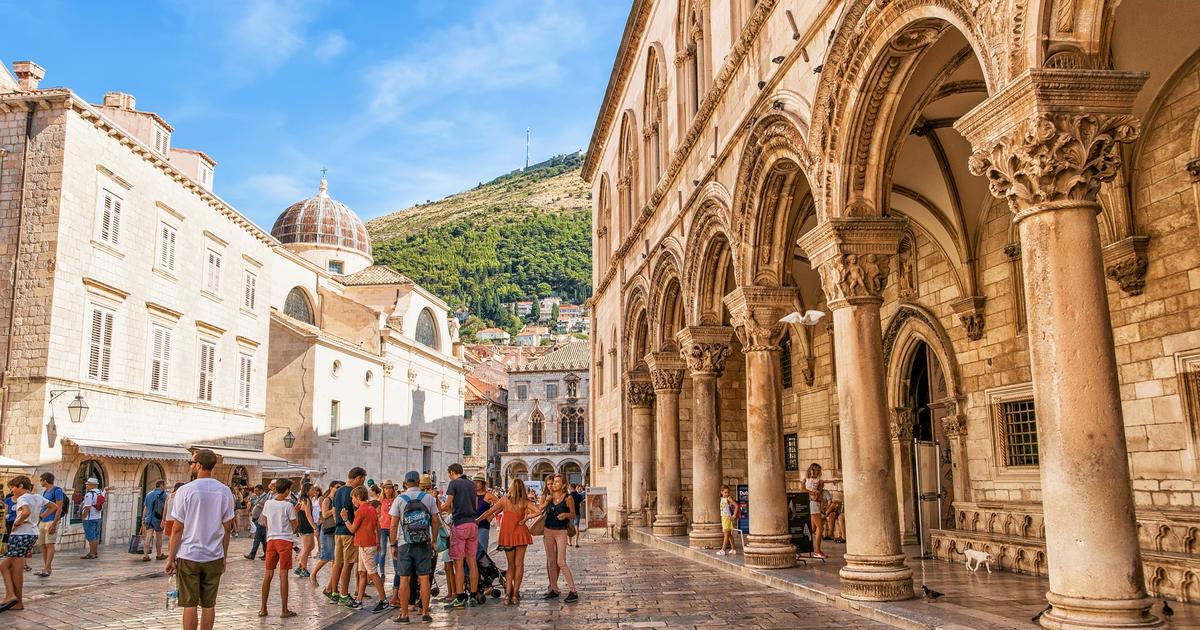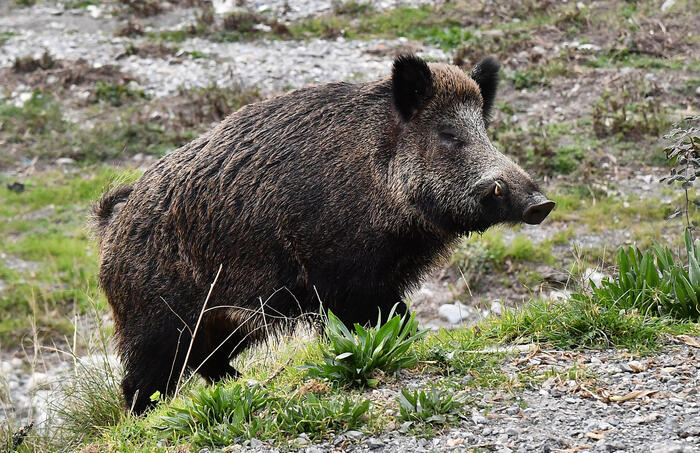Since the start of containment, images taken by several Internet users in many countries of the world show that the cessation of human activity allows the planet to gain some respite.
This is particularly the case in northern Italy, and more particularly in Venice. There, containment literally stopped all activity based almost exclusively on tourism. The boats now staying at the quay, the waters became clearer than usual at such a time, thus regaining their luster of yesteryear. An incredible event for locals who are rediscovering a whole new way of appreciating their environment, as Marco Contessa, a Venetian resident, explains on Facebook.
With a slow world, wild animals and plants take advantage of the newfound calm, while humans take more time to observe nature. Thus, the inhabitants of large cities have happily rediscovered the twittering of birds. Wild boars have been seen in Barcelona, a young puma has ventured through the streets of Santiago de Chile, dolphins are gathering in the Mediterranean ...
Senglars x balmes .. o se li ha escapat la misèria al @JoelJoanJuve o els animals ja saben q estem tancats #coronavirus #barcelona pic.twitter.com/UGFhlh376T
- Jordi Puig (@ putxy32) March 19, 2020Diagonal con Balmes pic.twitter.com/xaD7IWmfnV
- Ana Raventós (@ a2z75) March 19, 2020A puma about a year old was seen in Santiago, Chile. ANDRES PINA / AFP
However, the presence of animals is mostly due to their search for food. Some species no longer find ways to feed themselves.
Peacocks and goats roaming free in Spain
With the sudden drop in human presence, urban wild animals " have free rein to move around in cities, " Romain Julliard, research director at the National Museum of Natural History (MNHN), told AFP. He cites the example of foxes: " They change their behavior very quickly, when a space is quiet, they go there ."
Animals and birds living in urban parks, such as sparrows, pigeons and crows, can leave their usual territories and "make room for other animals ". Are the birds, usually inconspicuous in the city, more numerous? It is rather that we hear them better. Some of them “ stop singing when there is noise. Now they stop stopping, ”explains Jérôme Sueur, acoustics specialist at MNHN.
Having to go out to go shopping, go through the square, discover that we hear birdsong in Paris again, savor these melodies, choose to see the not so bad aspects # confinementjour2 pic.twitter.com/PSRrp75uzm
- Sandra Regol (@sandraregol) March 18, 2020The noise also disrupts their behavior and generates stress, he continues. It is to be hoped that the disappearance of the human cacophony will be “ beneficial ” for the animals, during the reproductive period in the spring. " Animals are cleared of human noise ", summarizes the researcher.
In Madrid, in the Spanish capital, several categories of animals stand out during the quarantine. Some suffer from lack of food in the absence of people who usually give them food. Thus, the ducks and the magnificent peacocks of the Retiro park decided to jump the fences of the park to go in search of food.
Decenas de gatos llevan ya 5 días sin comer. Los pavos saltan la valla. Situación extrema en colonias y parques. Señor @SergioGaTorres, señor @AlmeidaPP_, ellos también son Madrid. Necesitamos respuestas. Los animales las necesitan. pic.twitter.com/UIqPnCMGF3
- PACMA Madrid (@Pacma_Madrid) March 19, 2020In more rural areas, mountain animals come to town after dark. As in this Spanish town of Albacete, where a resident posted a video showing how goats meet in the evening in the village square since the inhabitants are confined to their homes.
Chinchilla (Albacete)
Las cabras bajan a las calles vacías. Tó el pueblo para ellas pic.twitter.com/d3K3yTyef9
Life at sea
In the countryside and at sea too, wildlife could do better. In France, containment ended the hunting season a little early. Quarantine occurs when, for certain species, the mating season is in full swing. This is the case for the common toad and the spotted salamander, which " cross the roads and get run over regularly ", says Jean-Noël Rieffel, Val-de-Loire regional director of the French Office for Biodiversity (OFB) . The melanocephalic gulls, which nest on sandbanks on the Loire, are usually disturbed. But now, no more walkers, dogs, quads or canoes. No curious either to touch the fawns.
In the Calanques national park, not far from Marseille, closed to walkers and boaters, " nature and species find their natural spaces at a speed that surprises us ", says its president Didier Réault. During their last outings, the National Park agents observed a great deal of "life" at sea: groups of dolphins, large puffin rafts, gannets, tuna hunts, gray heron passing by ... It is not uncommon to come across these species in the Calanques, the frequency and density of the observations that have been made are unprecedented.
Marseille in the background, Scopoli puffins take advantage of the absence of human activity. LIONEL LASO / AFP
Ditto for plants. Protected wild orchids grow in late April / early May and are sometimes picked by walkers, says Jean-Noël Rieffel. They could escape it this year. In the city, uncut lawns bloom and offer “ resources for bumblebees, bees, butterflies ”, explains Romain Julliard. For the scientist, " perhaps the most important phenomenon is that our attention to nature changes: confined people realize how much they miss nature ".
A short respite
Cloistered at home, at their window or in their garden, everyone has more time to observe nature and rediscover it. The Vigienature site lists various initiatives.
The operation " confined but on the lookout " of the Bird Protection League allows " to open its window, to observe the birds, identify them if we can, " says its president Allain Bougrain-Dubourg.
The confinement of humans could however be bad news for species accustomed to feeding on their waste. Another drawback: aid operations for endangered species or the fight against invasive species are interrupted, notes Loïc Obled, Deputy Director General of the OFB. It will also be necessary to manage the exit from containment. " There will be a need for nature, and an overcrowding which can be unfavorable to the flora and fauna, " warns Jean-Noël Rieffel. Birds that would nest in a deserted schoolyard would be disturbed. The respite will remain short-lived.









/cloudfront-eu-central-1.images.arcpublishing.com/prisa/7PRM6JYCIST4REWO5EIA3DW6FQ.jpg)





